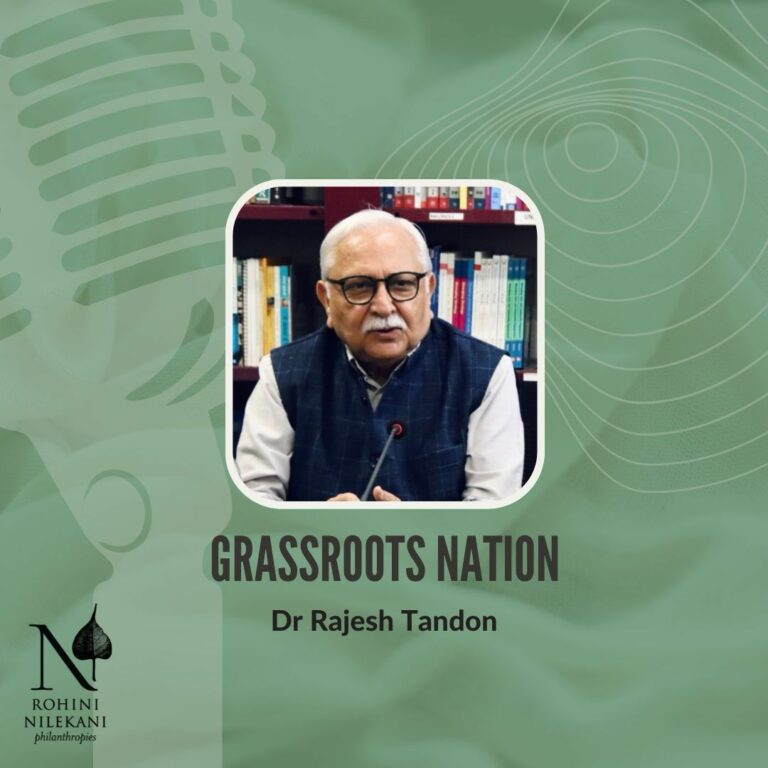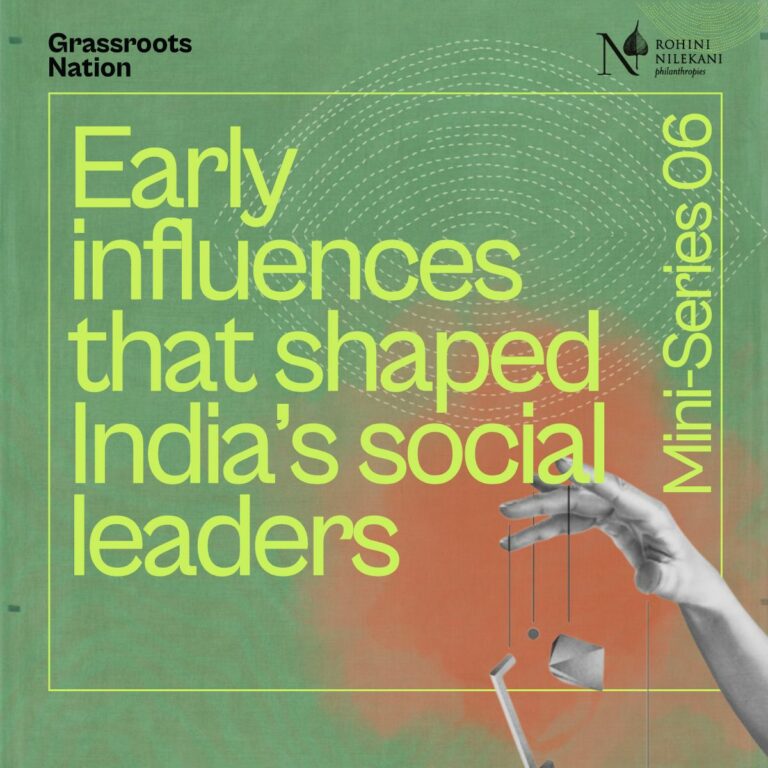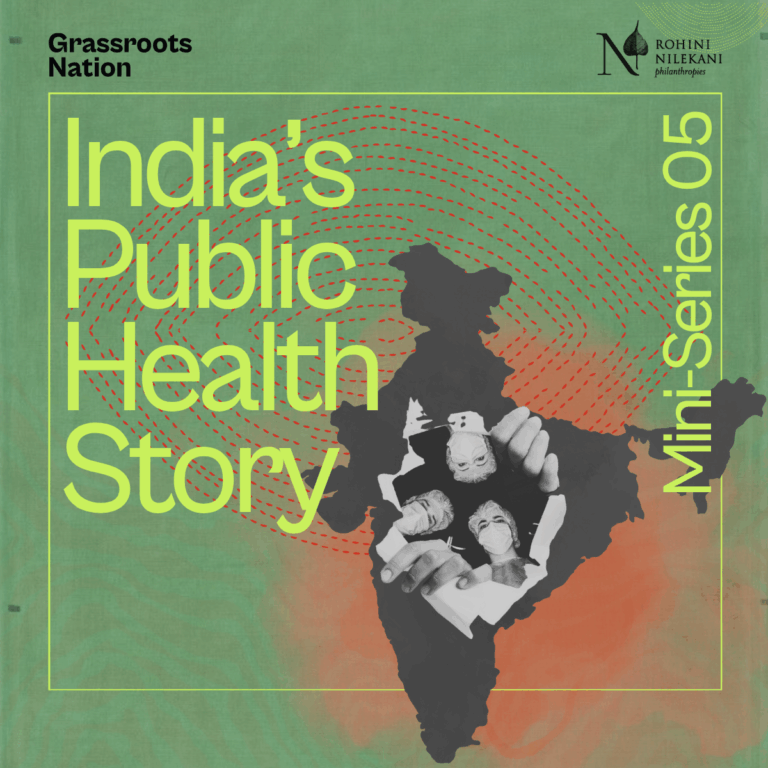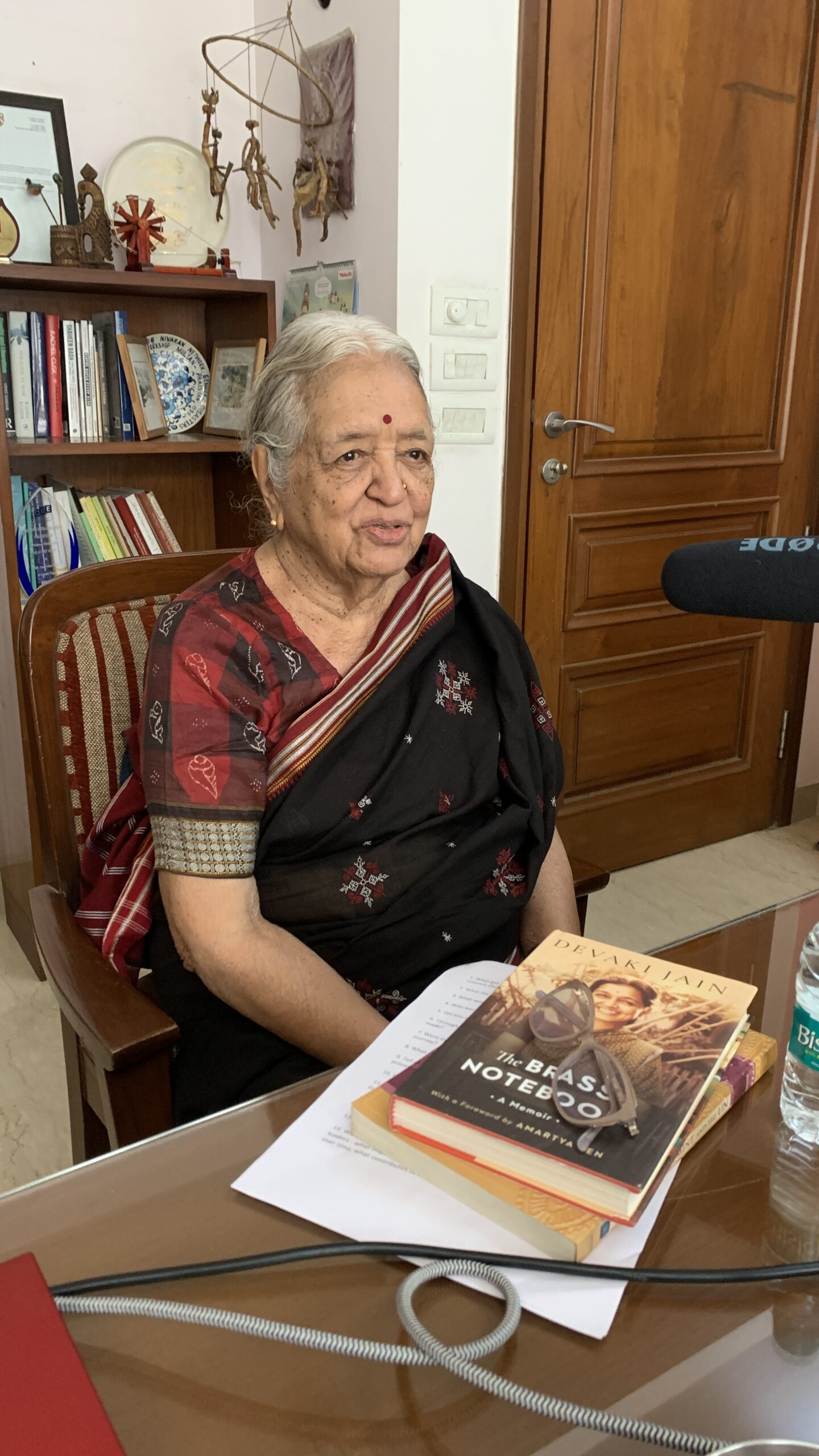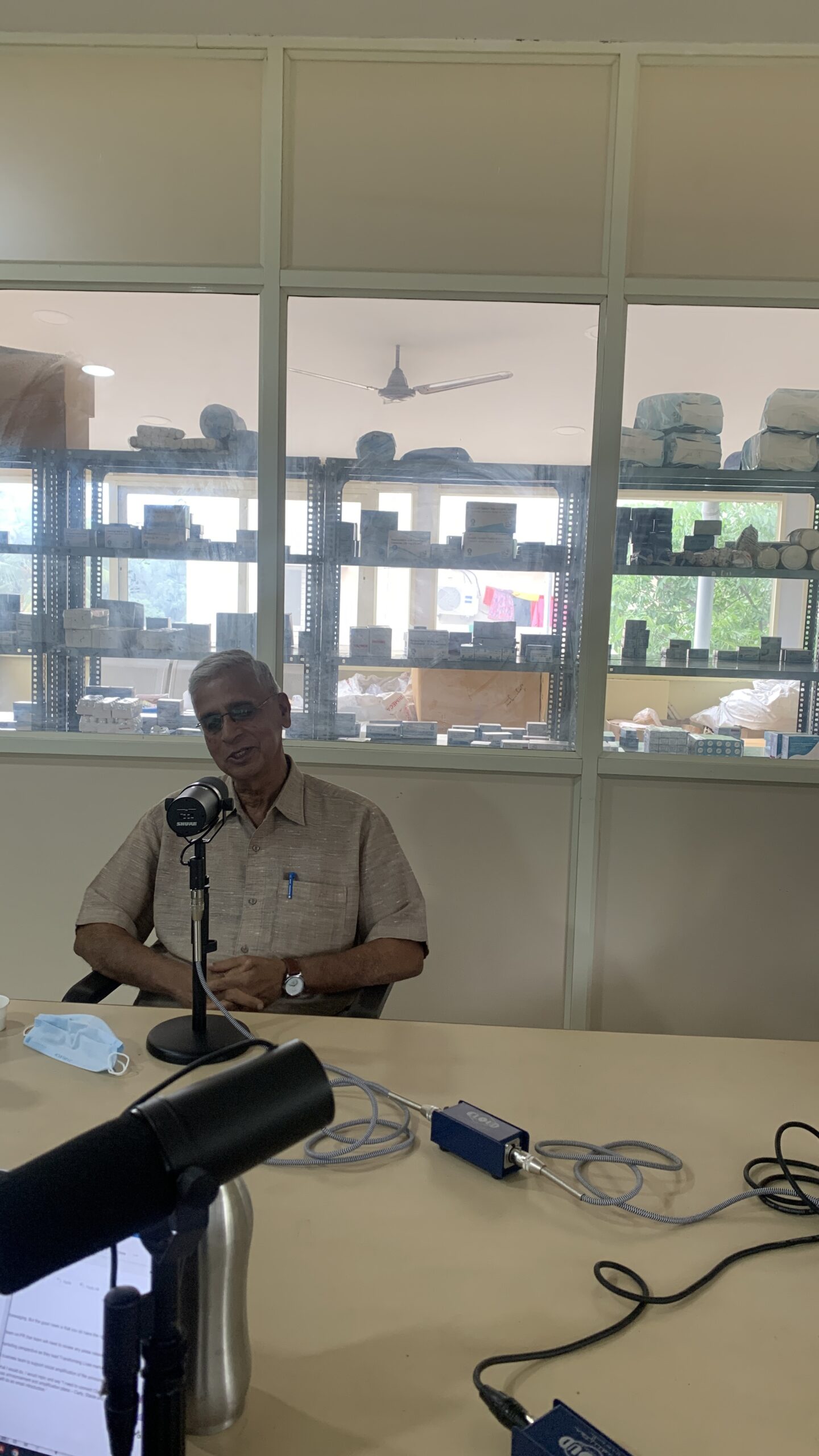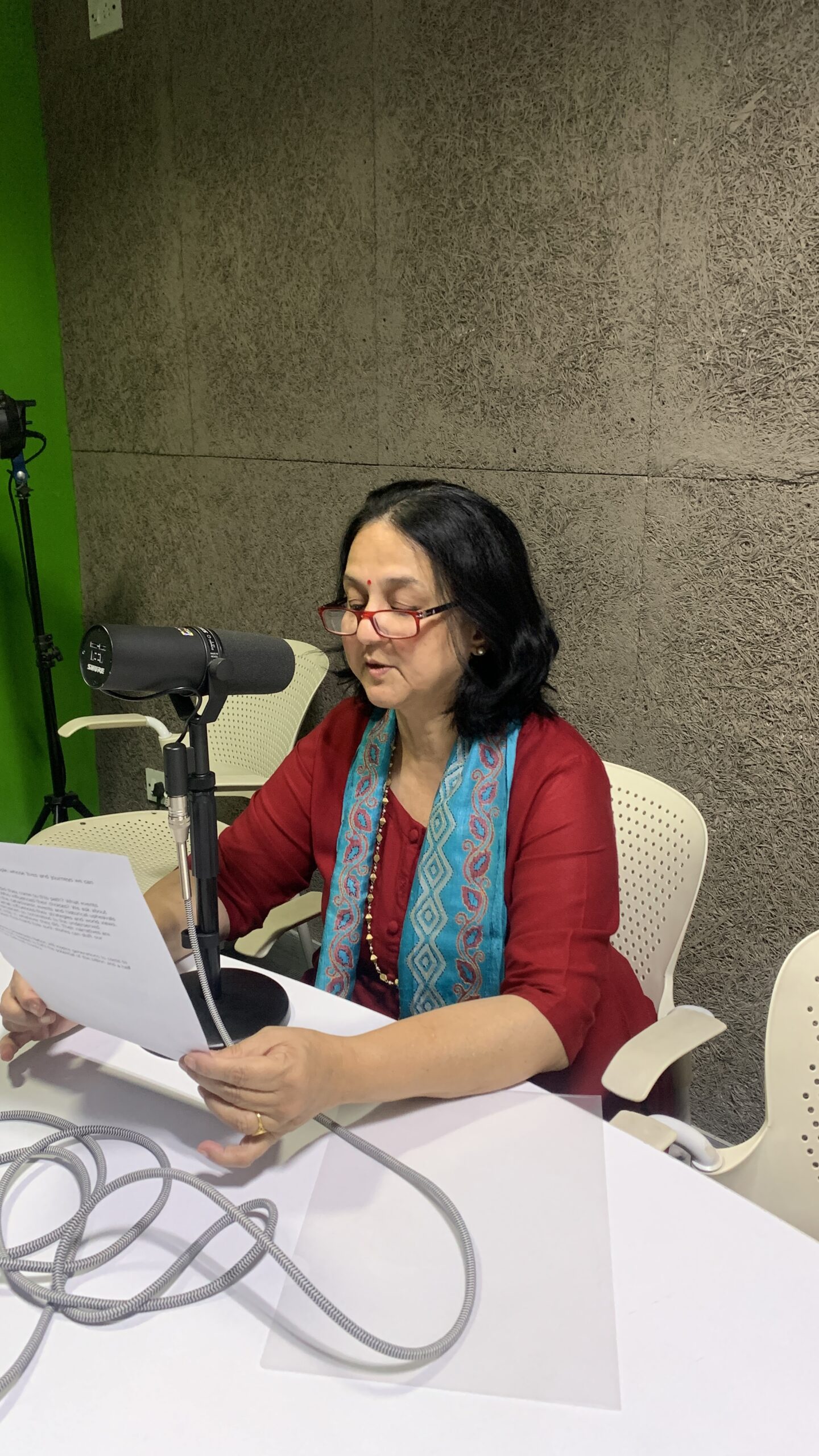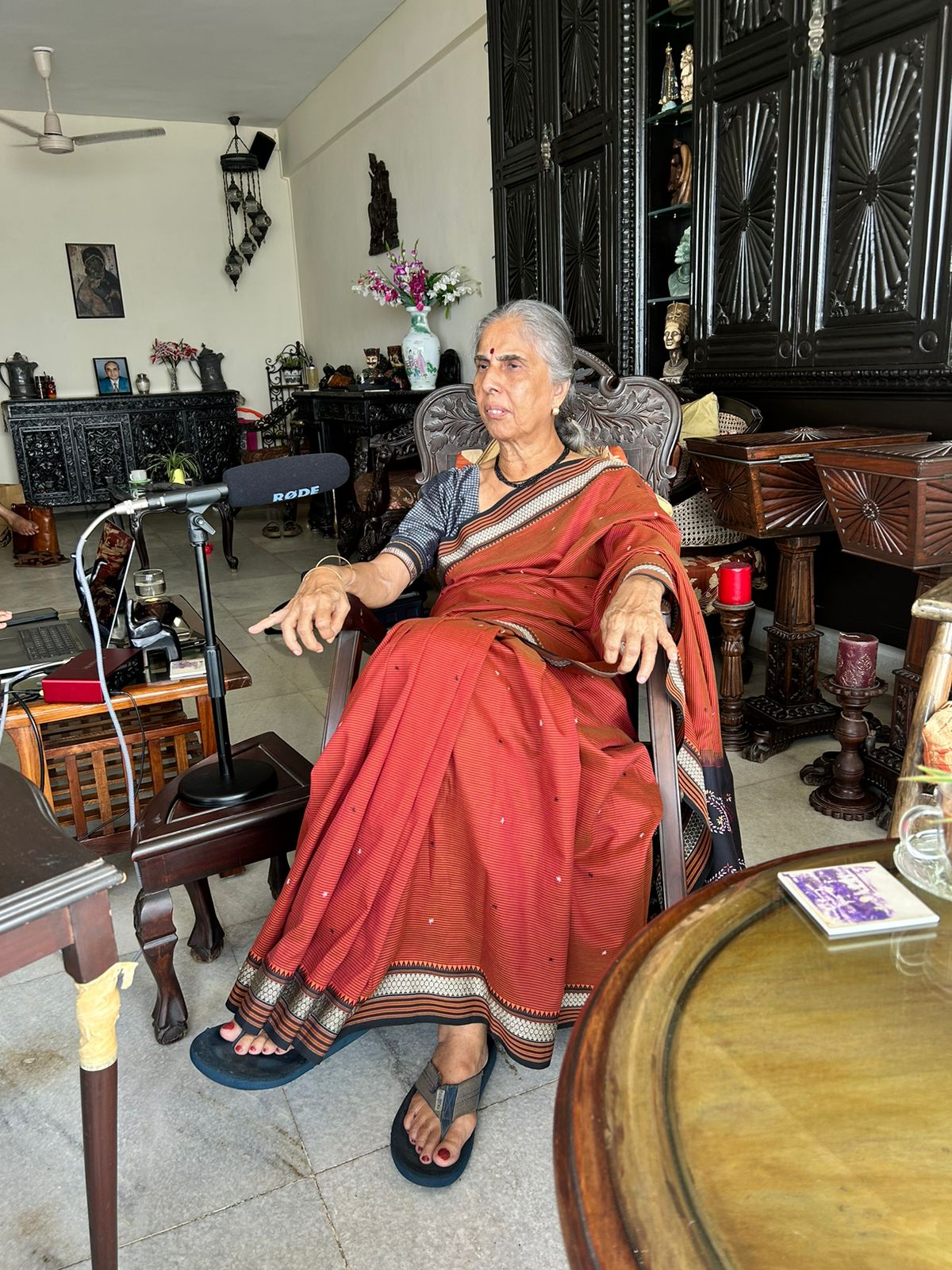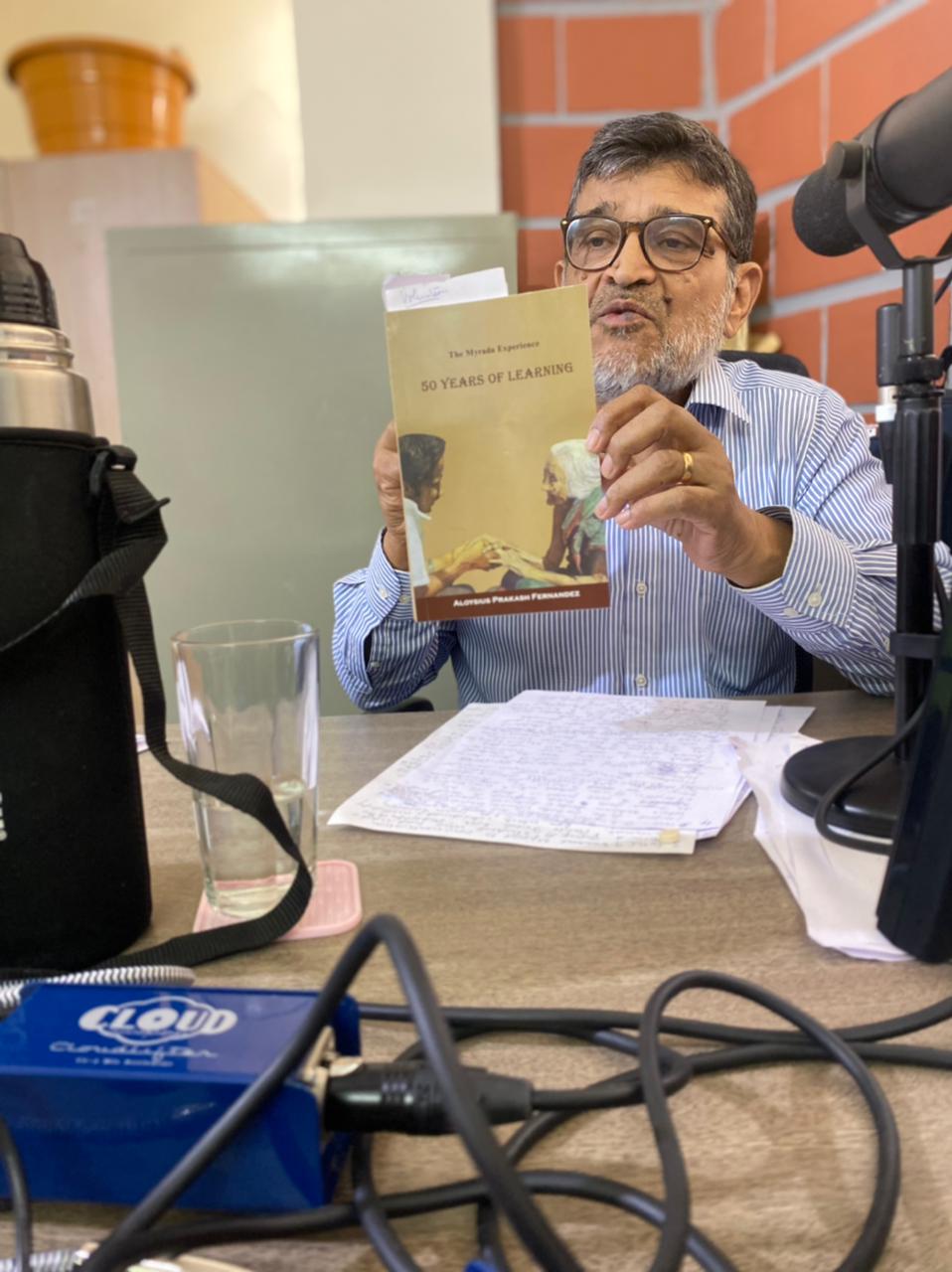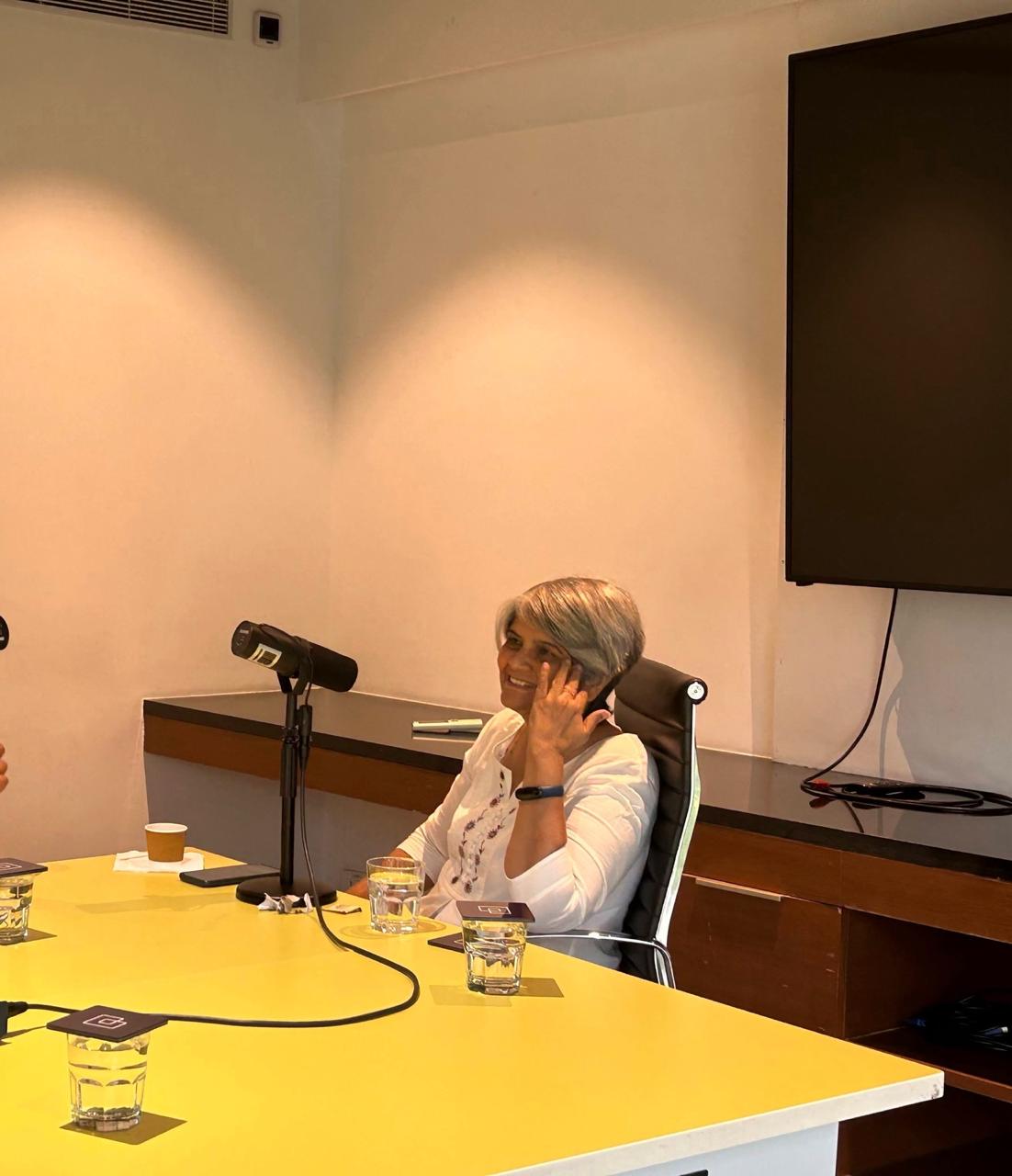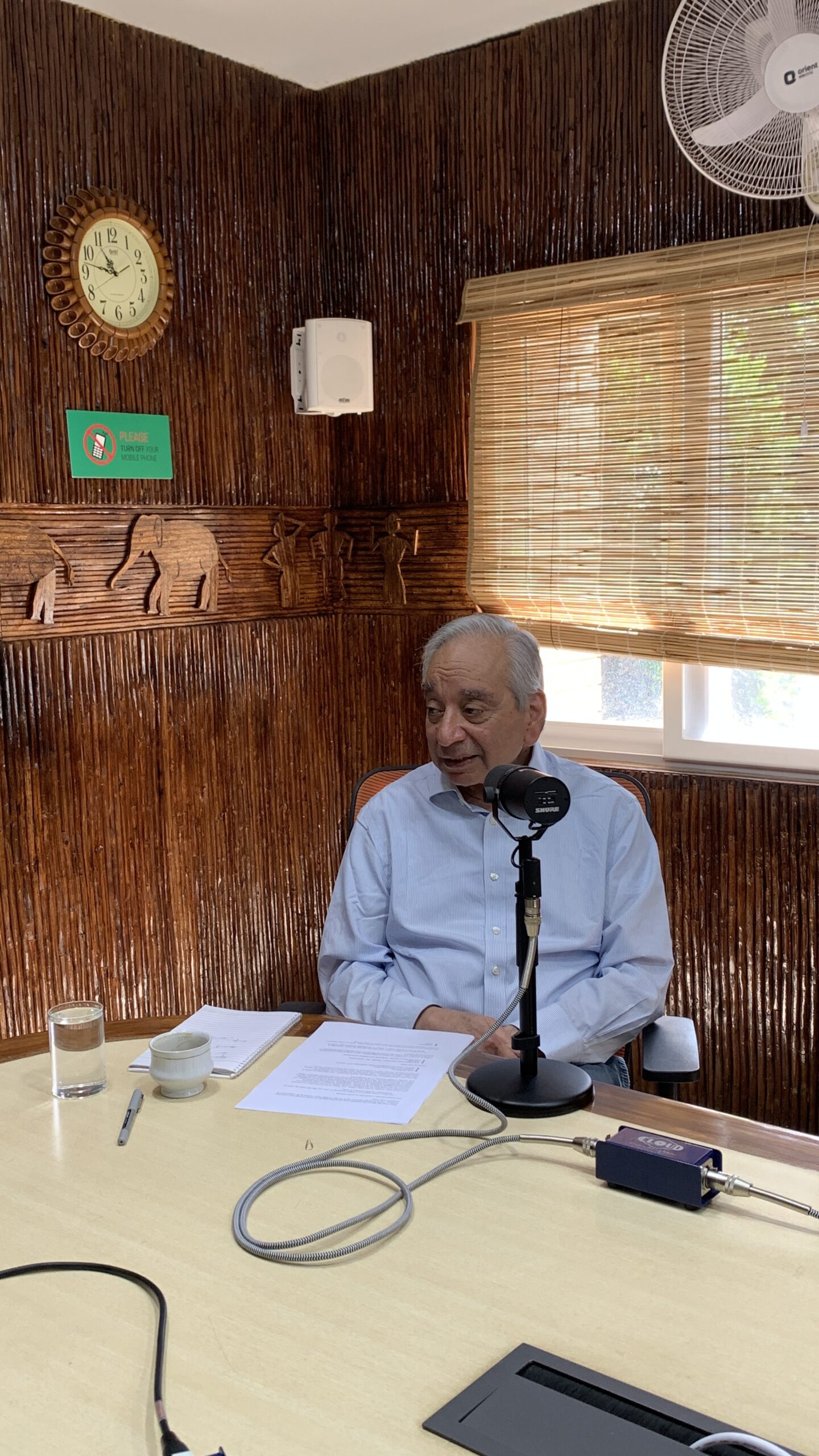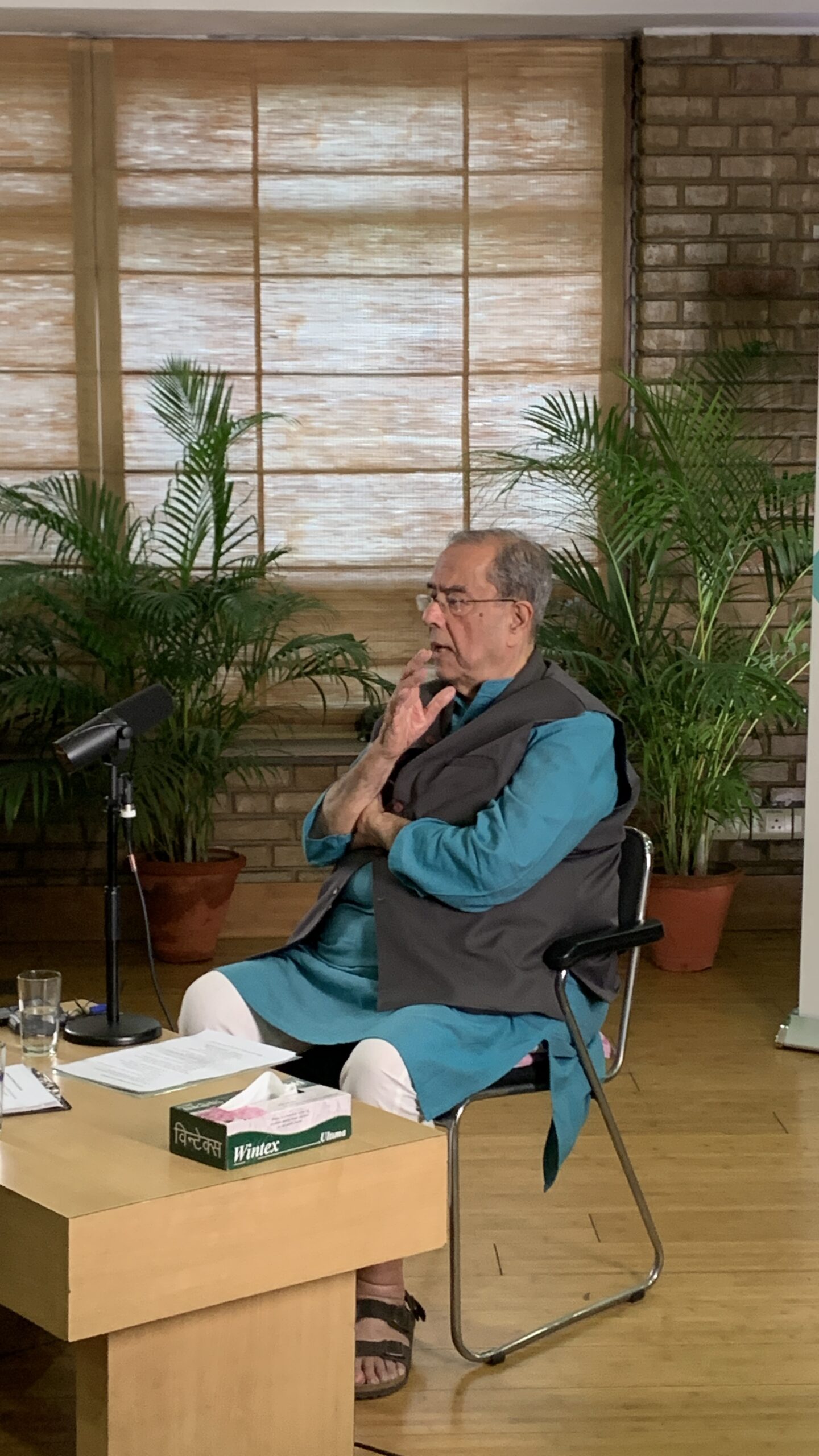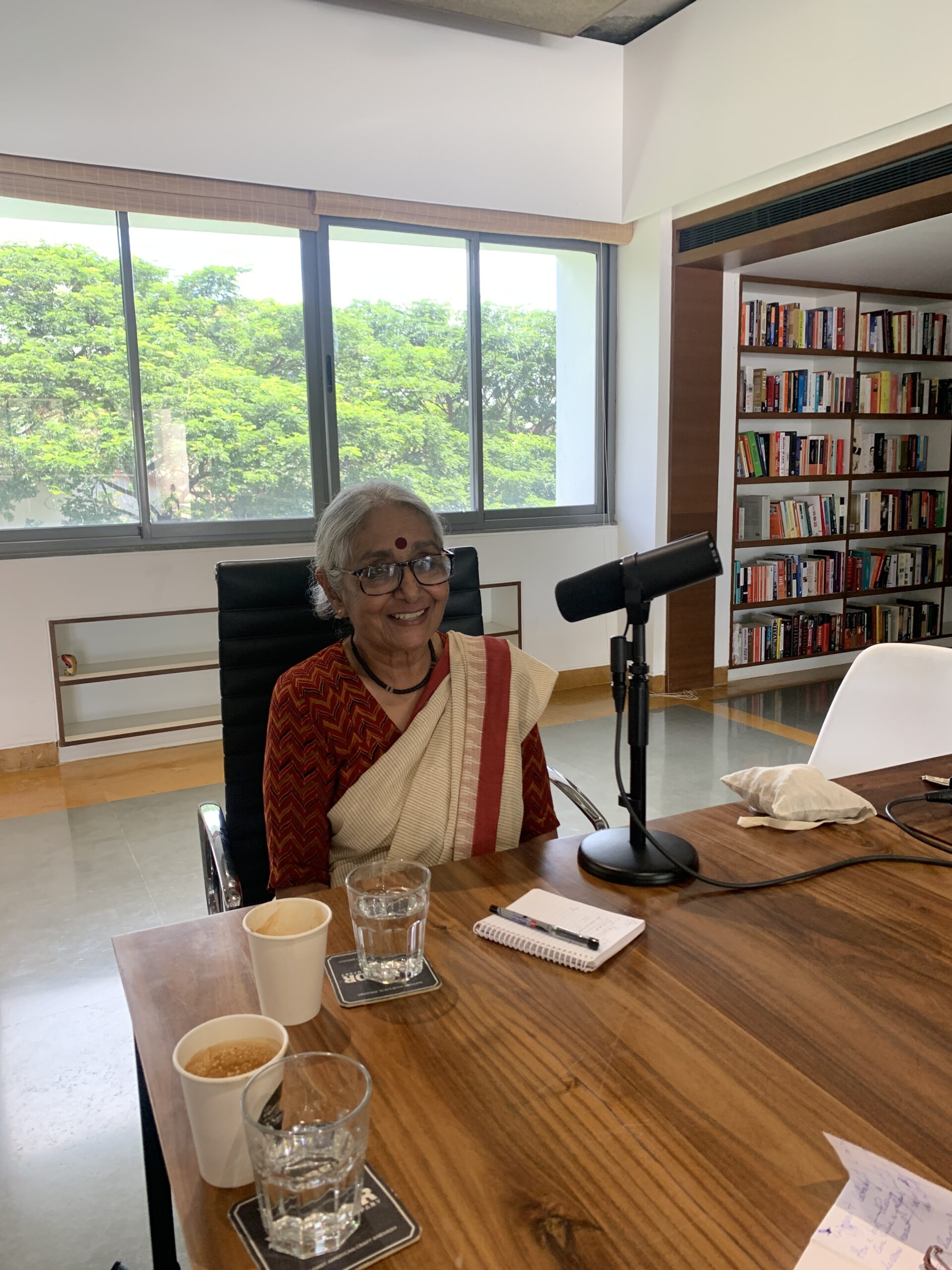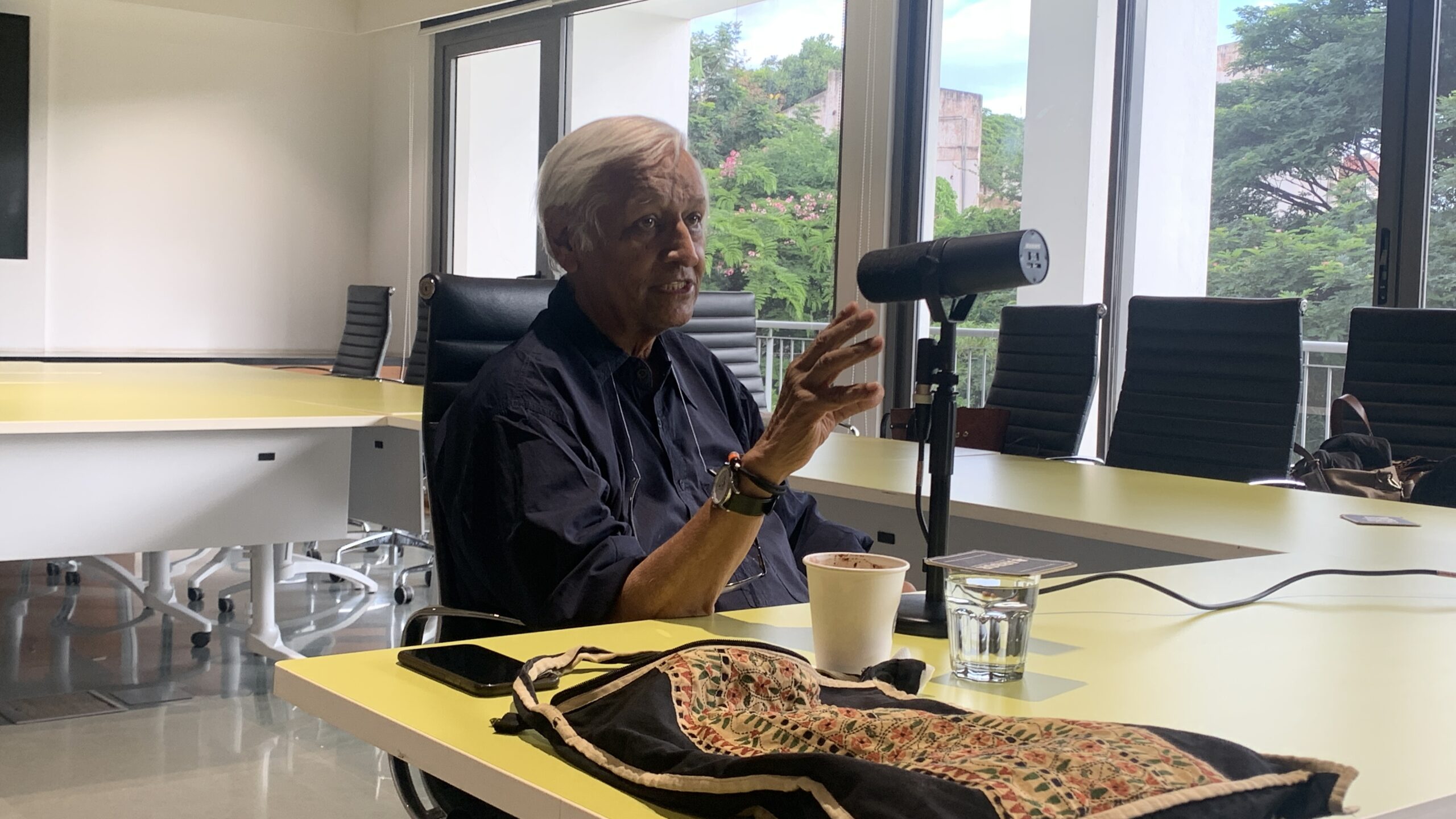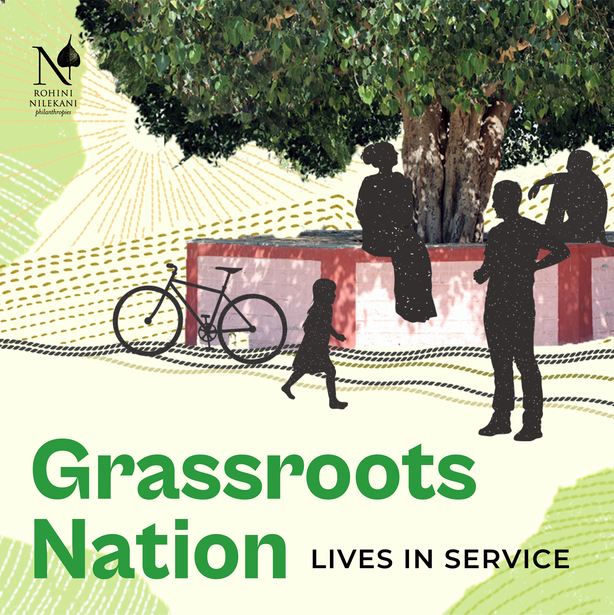
Subscribe to never miss an episode
Grassroots Nation, is a series in which we deep dive into the life, work and guiding philosophies of some of the country’s most great leaders of social change.
The podcast is co-produced by Vaaka Media.
Subscribe to never miss an episode
Part personal narrative, part oral history, each episode gives you, the listener, a chance to revisit watershed moments in India’s past through the eyes of the country’s social architects and find out how they were the catalyst for their life’s calling.
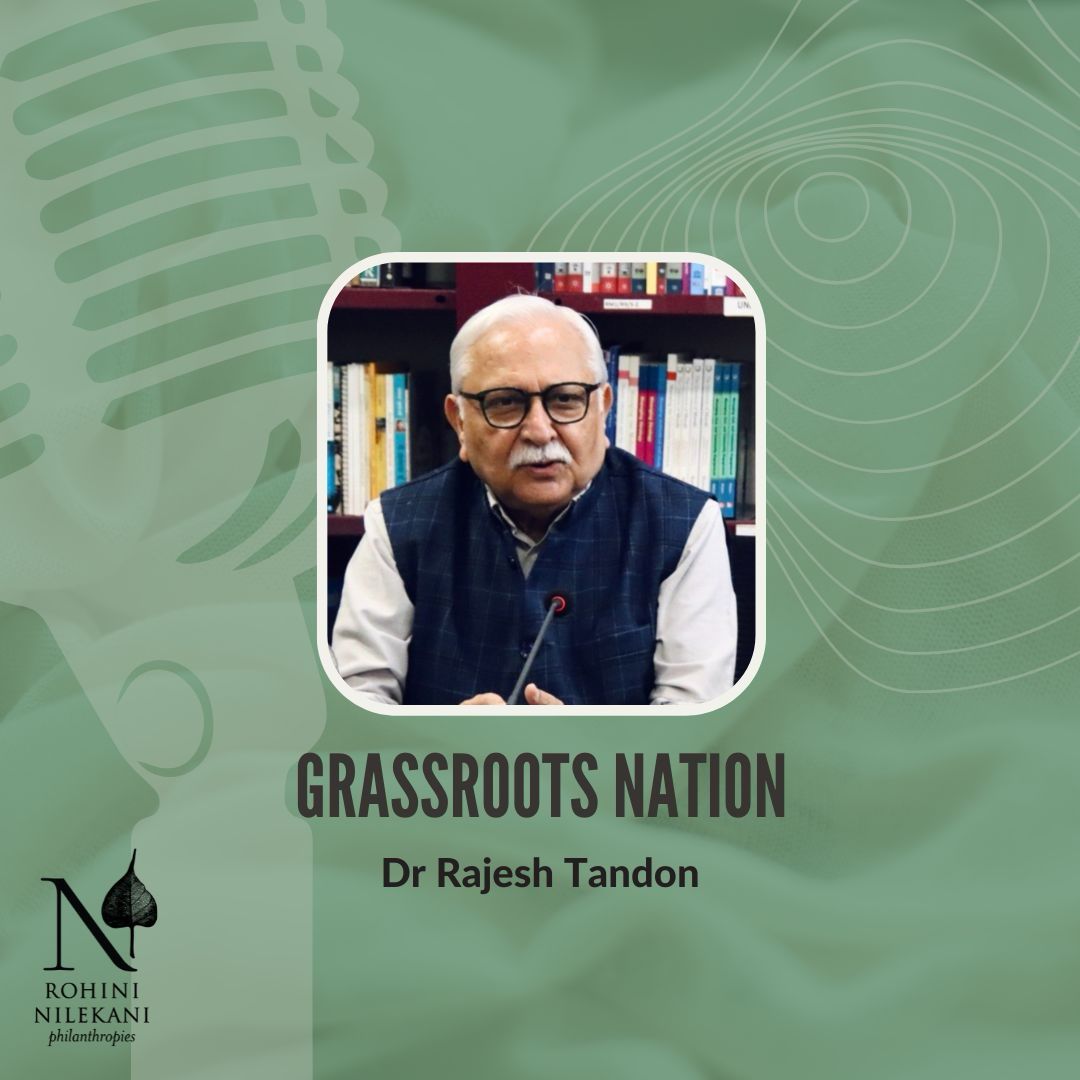
No Observers, Only Participants
This episode of Grassroots Nation features Dr Armida Fernandez, one of India’s foremost neonatologists, in conversation with Sonalini Mirchandani. She has dedicated her life to service in public health, from pioneering the cause of Neonatology in the country by focusing on low cost solutions that are available to all, she has championed breastfeeding in India and started the first Human Milk bank in India
Dr Fernandez speaks about her work in maternal and infant health care, eventually expanding her work to domestic violence against women and children, and even palliative care.
Subscribe to Grassroots Nation: Spotify and Apple Podcast
